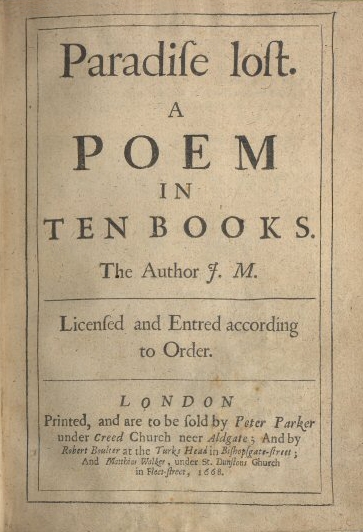When it comes to learning to be spiritually minded or to have a Biblical mindset, part of the process is learning to look at the present moment (as you hope for the glories of heaven) as though from the future bliss of life with God (looking back and seeing the Providences and graces which led you to heaven). And while none can do both at once, it’s an important facet of the mindset of the Spirit enjoined upon us in Scripture. Your whole life can be heaven, and as a gift from God, this power lies within you (insofar as you actuate the graces God has granted you). Your whole life can be hell, even before you’re judged, and this too, as a gift from God, is a power that lies within you (insofar as you are free).
Here are three quotes which have helped me to understand this process:
Resolved: To live so, at all times, as I think is best in my most devout frames, and when I have the clearest notions of the things of the gospel, and another world.[1] – Jonathan Edwards
A mind not to be changed by place or time.
The mind is its own place, and in itself
Can make a Heaven of Hell, a Hell of Heaven.
What matter where, if I be still the same,
And what I should be, all but less than he
Whom thunder hath made greater? Here at least
We shall be free; the Almighty hath not built
Here for his envy, will not drive us hence:
Here we may reign secure; and, in my choice,
To reign is worth ambition, though in Hell:
Better to reign in Hell than serve in Heaven.[2] – Milton’s Satan
Anodos looked through the door of the Timeless he brought no message back. But ye can get some likeness of it if ye say that both good and evil, when they are full grown, become retrospective. Not only this valley but all their earthly past will have been Heaven to those who are saved. Not only the twilight in that town, but all their life on Earth too, will then be seen by the damned to have been Hell. That is what mortals misunderstand. They say of some temporal suffering, “No future bliss can make up for it,” not knowing that Heaven, once attained, will work backwards and turn even that agony into a glory. And of some sinful pleasure they say “Let me have but this and I’ll take the consequences”: little dreaming how damnation will spread back and back into their past and contaminate the pleasure of the sin. Both processes begin even before death. The good man’s past begins to change so that his forgiven sins and remembered sorrows take on the quality of Heaven: the bad man’s past already conforms to his badness and is filled only with dreariness. And that is why, at the end of all things, when the sun rises here and the twilight turns to blackness down there, the Blessed will say “We have never lived anywhere except in Heaven,” and the Lost, “We were always in Hell.” And both will speak truly.’[3] – The Great Divorce by C.S. Lewis.
References
[1] Jonathan Edwards, The Works of Jonathan Edwards, vol. 1 (Banner of Truth Trust, 1974), lxiii.
[2] John Milton, The Harvard Classics 4: The Complete Poems of John Milton, ed. Charles W. Eliot (New York: P. F. Collier & Son, 1909), 96–97.
[3] Lewis, C. S.. The Great Divorce (Collected Letters of C.S. Lewis) (pp. 69-70). HarperCollins. Kindle Edition.

By Leeds University Library – English Wikipedia: en:Image:Milton paradise.jpg, Public Domain, Link